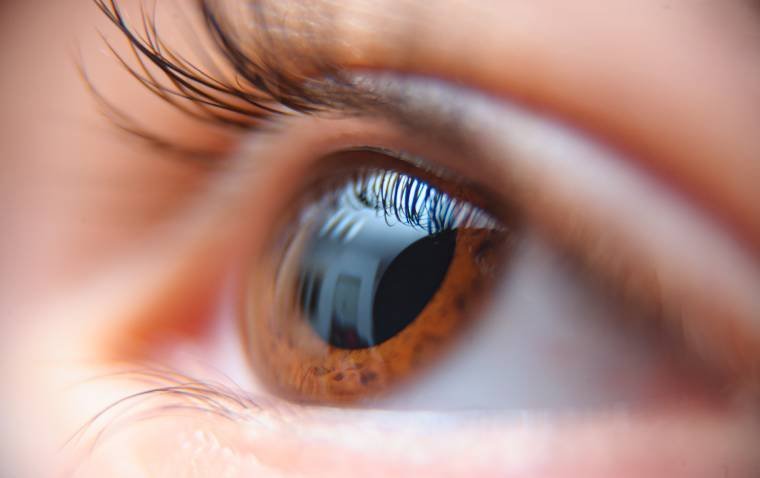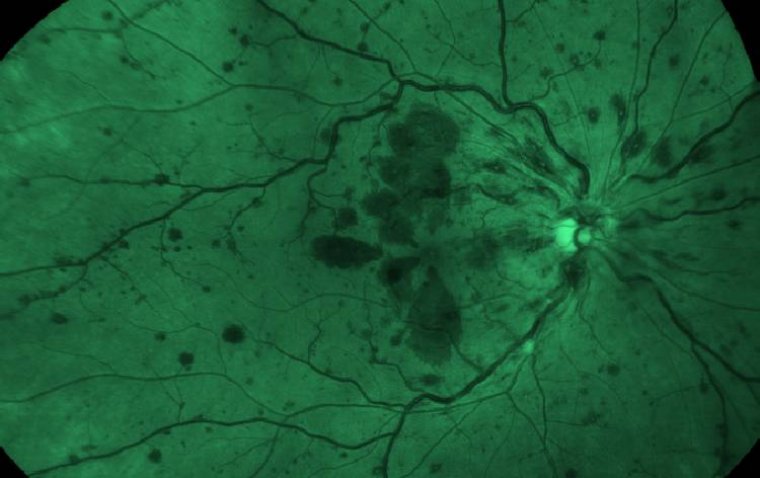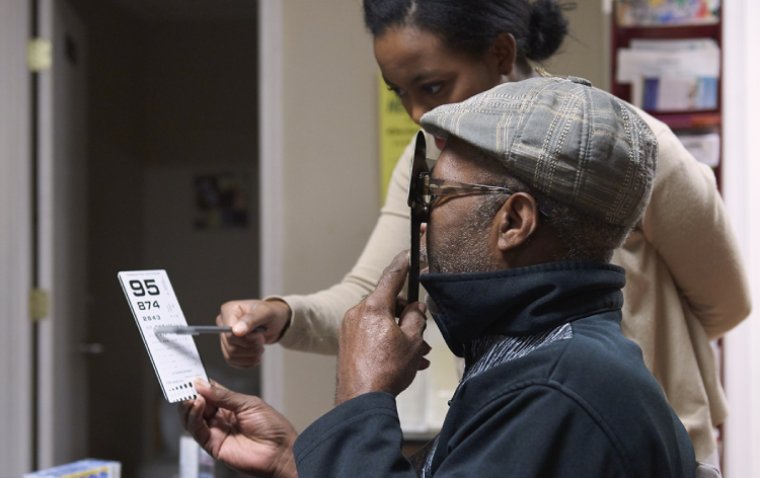
Vision Impairment in Seniors Tied to Increased Mental Health Issues
In a study published on February 22 in JAMA Ophthalmology, researchers have unveiled a troubling link between vision impairment in adults aged 65 and over and a host of psychosocial issues, including depression, anxiety, and social isolation. The study, led by Dr. Louay Almidani of the Johns Hopkins University School of Medicine, Baltimore, sheds light on the profound impacts that deteriorating vision can have on the mental health and social well-being of older adults.
The comprehensive analysis utilized data from the National Health and Aging Trends Study for the years 2019 and 2021, focusing on a demographic of 2,822 community-dwelling adults. This group represents a broader population of over 26 million U.S. seniors. The findings are alarming: 32.3% of participants were found to have vision impairment as objectively measured, and 6.4% reported experiencing vision impairment themselves.
The study meticulously adjusted for various factors and concluded that vision impairment significantly increases the odds of experiencing depressive symptoms (odds ratio, 1.81), anxiety symptoms (odds ratio, 1.74), and severe social isolation (odds ratio, 2.01). Interestingly, while both objectively measured and self-reported vision impairments were linked to higher instances of depression and anxiety, only the former was strongly associated with severe social isolation.
The implications of these findings are far-reaching. "While maintaining eye health will always be important, these findings provide evidence to support prioritizing research aimed at enhancing the health and inclusion of people with vision impairment," the authors noted in their publication. This call to action underscores the necessity of addressing not only the physical but also the psychological and social challenges faced by older adults with vision impairment.
This study highlights the urgent need for comprehensive healthcare strategies that encompass vision care, mental health support, and initiatives to combat social isolation among the elderly. As the population ages, understanding and mitigating the multifaceted impacts of vision impairment on seniors' lives will be crucial in promoting their health, well-being, and inclusion in society.
Reference
Louay Almidani et al, Vision Impairment and Psychosocial Function in US Adults, JAMA Ophthalmology (2024). DOI: 10.1001/jamaophthalmol.2023.6943
(1).jpg)









